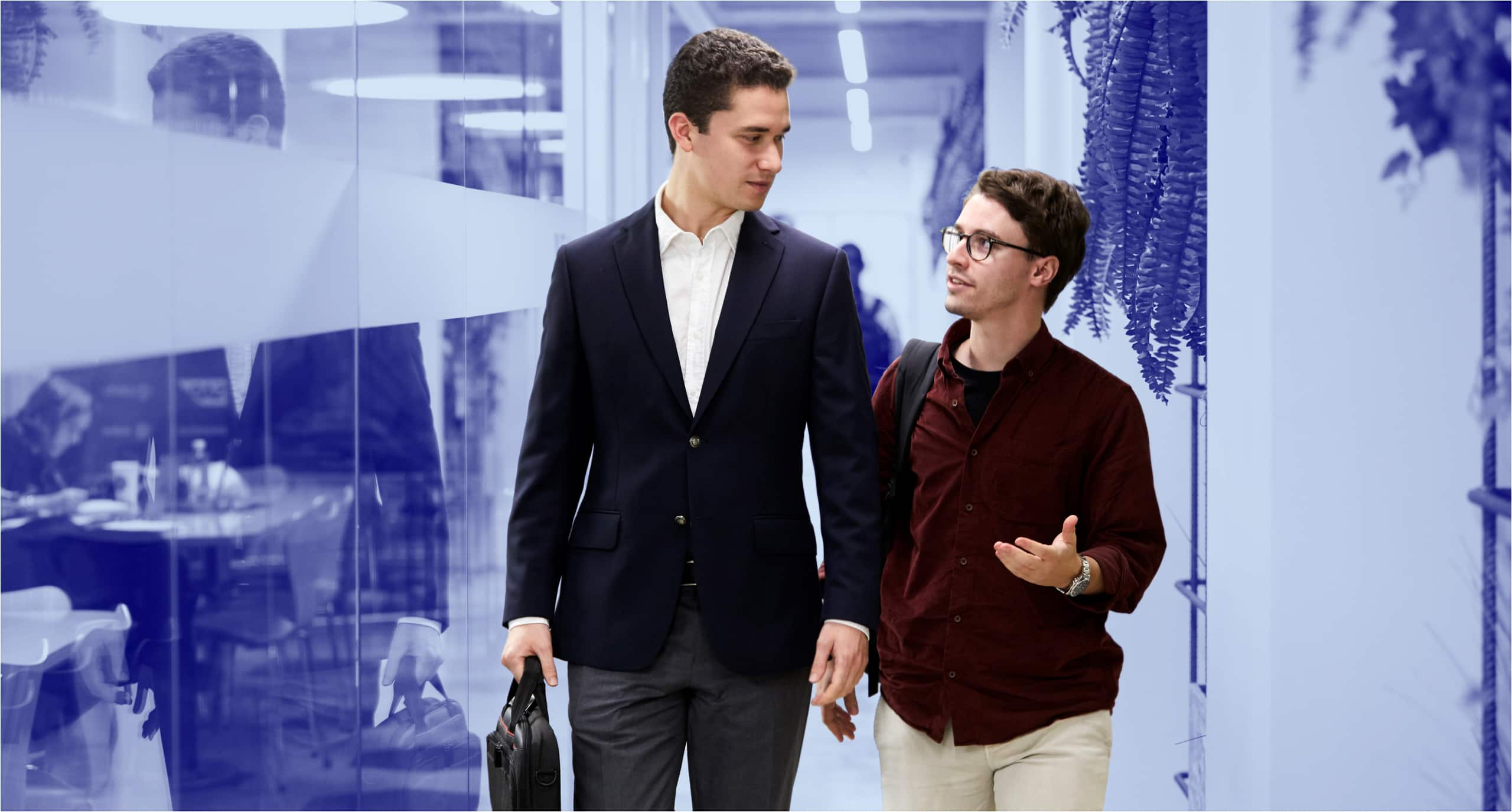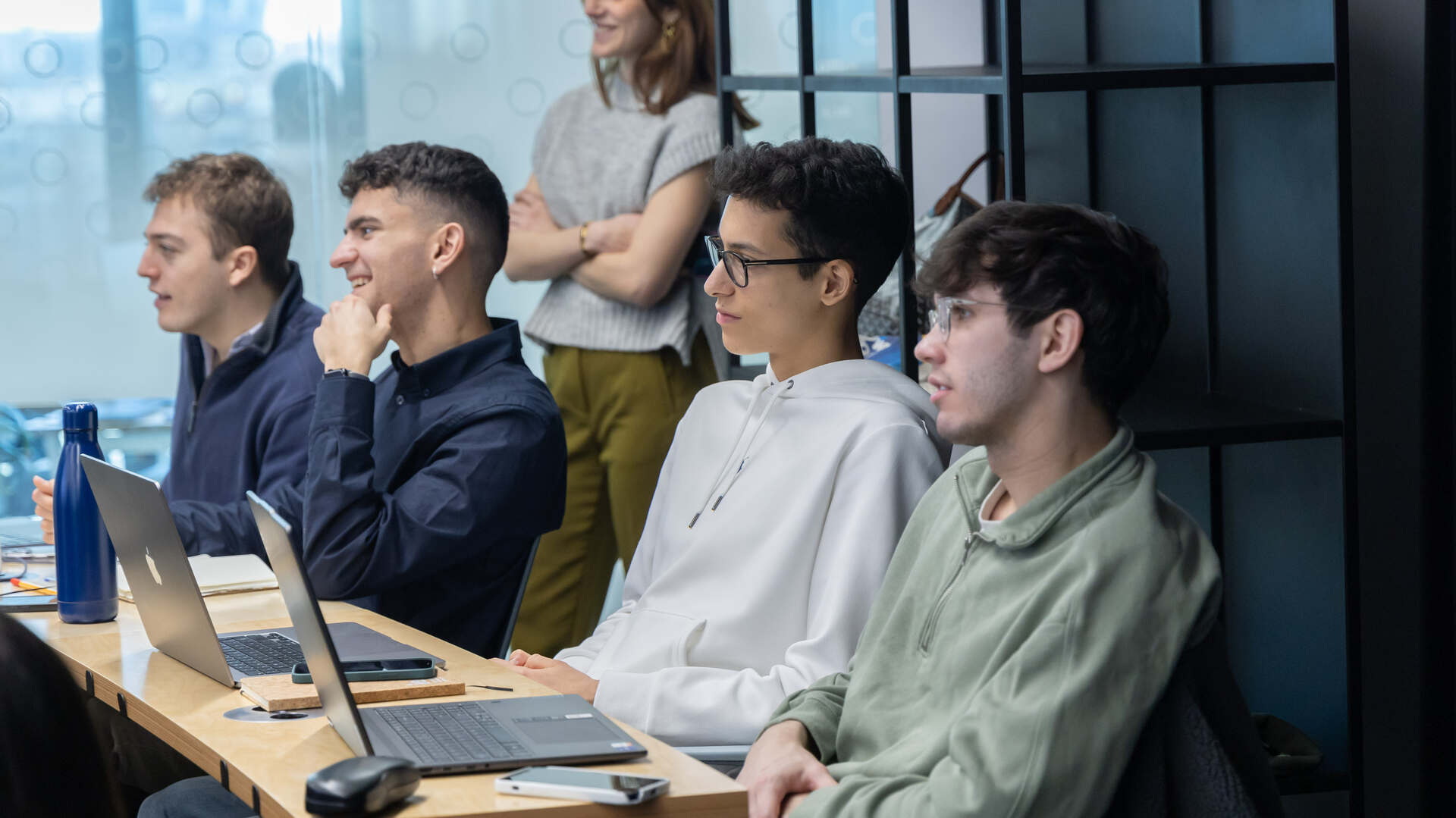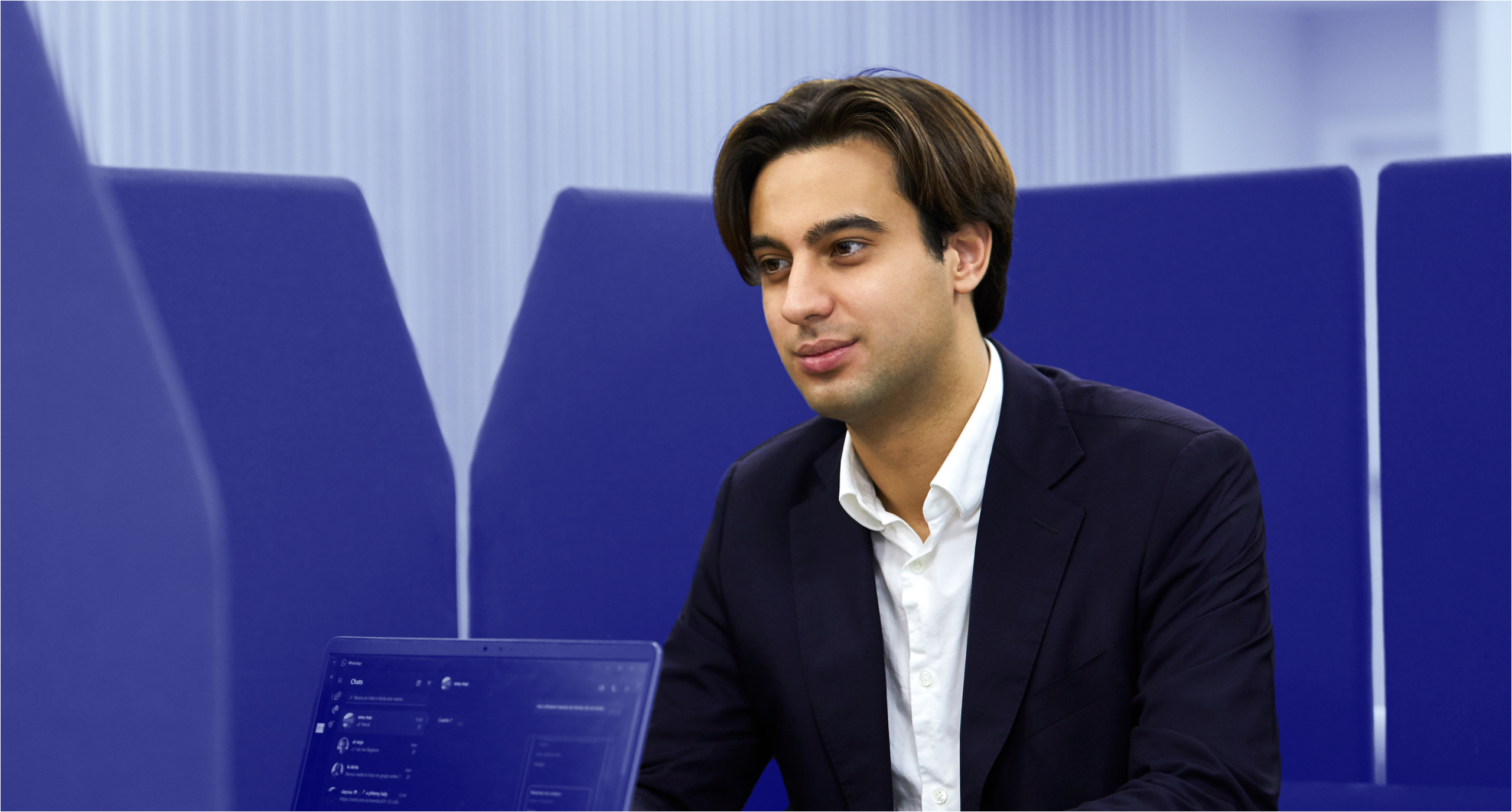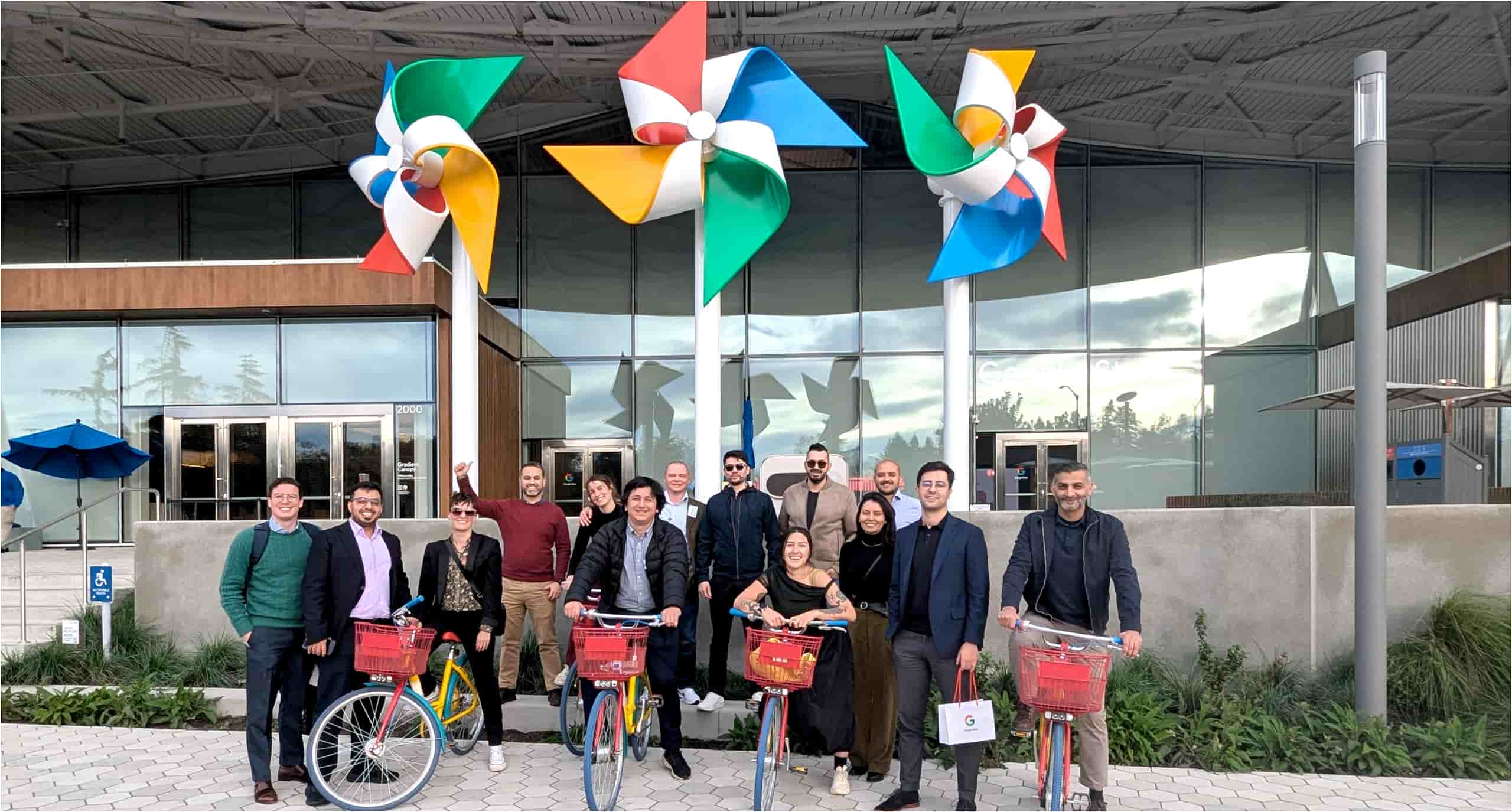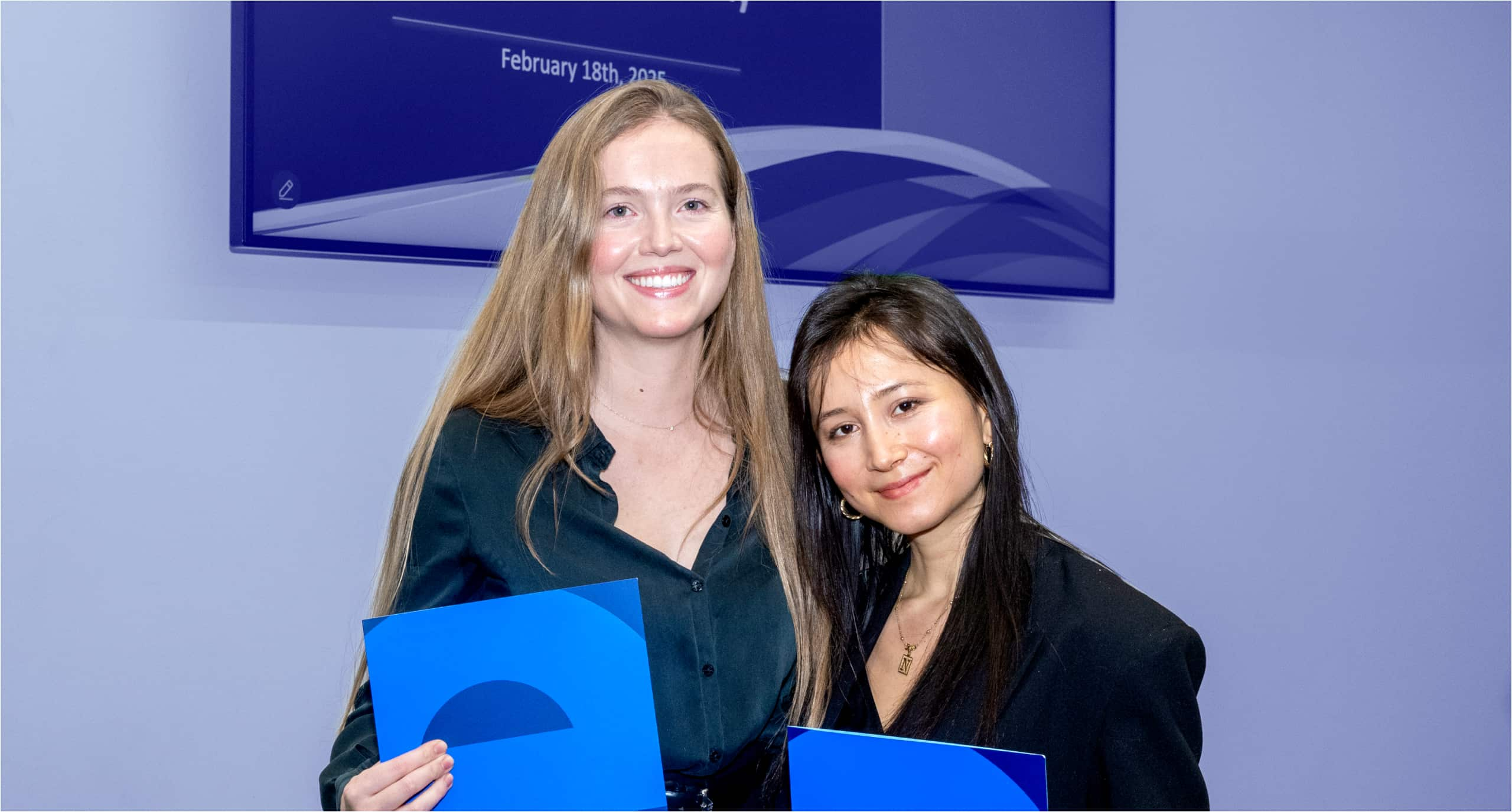29/11/2024
We caught up with a graduate of the Executive Master in Digital Transformation & Innovation Leadership.
From Ancient Greece to its modern iteration, the Olympics is one of the biggest calendar events in history. But its newest challenge is staying relevant.
“You have to remember the IOC was established in 1894,” says Chan Heng Hong, graduate of IE Business School and Games Technology Integration Manager for the International Olympic Committee. “It’s 130 years old. It’s rightly proud of its culture and legacy, but it’s also rather risk averse. Which has an impact on our approach to technology.”
Challenges to new digital work at the Olympics
Heng Hong’s position on the International Olympic Committee (IOC) means overseeing multi-million USD contracts across various Olympic Games. That’s a lot of pressure to deliver.
“Speaking from experience of delivering 8 Olympic Games, working for service providers, organizing committees, consultancy agencies, multinational companies and now the IOC headquarter, the quality that’s expected from the technology is very high for the Olympic Games. If certain services don’t work, it’s extremely visible, which impacts the reputations of the IOC, the organizing committee and the Olympics as a whole. Imagine you’re watching the Olympics on TV and suddenly there are no results shown after the competition. You’d say the technology doesn’t work—everybody sees that. We make sure those things don’t happen.”
But it’s not just the demands of live transmissions that prove challenging. It’s the newest technical innovations taking place that are affecting International Olympic Committee jobs.
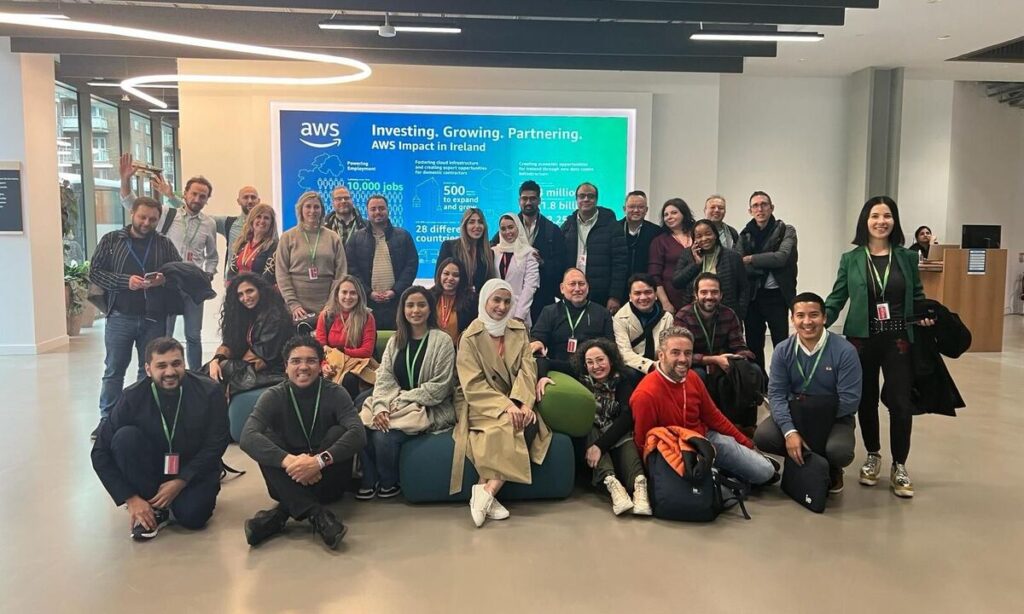
“The needs of the spectators are changing. They demand more now. There’s plenty of competition in entertainment and sports. So we must understand new trends and provide a better service. Otherwise the spectators will feel the Olympic Games are outdated. People no longer sit in front of the TV and watch the games from beginning to end. They consume information in other ways. Sometimes they have a second screen. Gen Z consumes sports in short clips rather than watching a full broadcast. Since we broadcast many sports at the same time, we don’t attract fans in the same way football does. We attract diverse viewership from different countries—some of them don’t even know the sports! They’re there to watch their countrymen compete, but they probably have no idea about the rules for sport climbing or rowing.”
Heng Hong has been able to identify the current trends in media. But implementing change is less straightforward.
“If someone’s worked in an organization for a long time, sometimes they’re unaware of what trends are happening outside of the environment. You have to trigger a mindset change within the organization. I’m tasked with creating an innovation framework—there’s a need for me to encourage an innovative mindset at every level.”
Choosing to study the Executive Master in Digital Transformation and Innovation Leadership
Heng Hong decided to deepen his knowledge on the topic. Having completed a Global Executive MBA at IE Business School along with a specialized four-week online course, choosing to further his education on the Executive Master in Digital Transformation and Innovation Leadership was an obvious decision.
“I chose IE Business School for an innovation program because I felt I had a personal gap to fill on the technological side and business side of my job; in my sector, there’s often something missing between technology and business expertise. That’s why I chose the Executive Master in Digital Transformation and Innovation Leadership program. Its main benefit was its course length allowing me to go deeper into the subjects.”
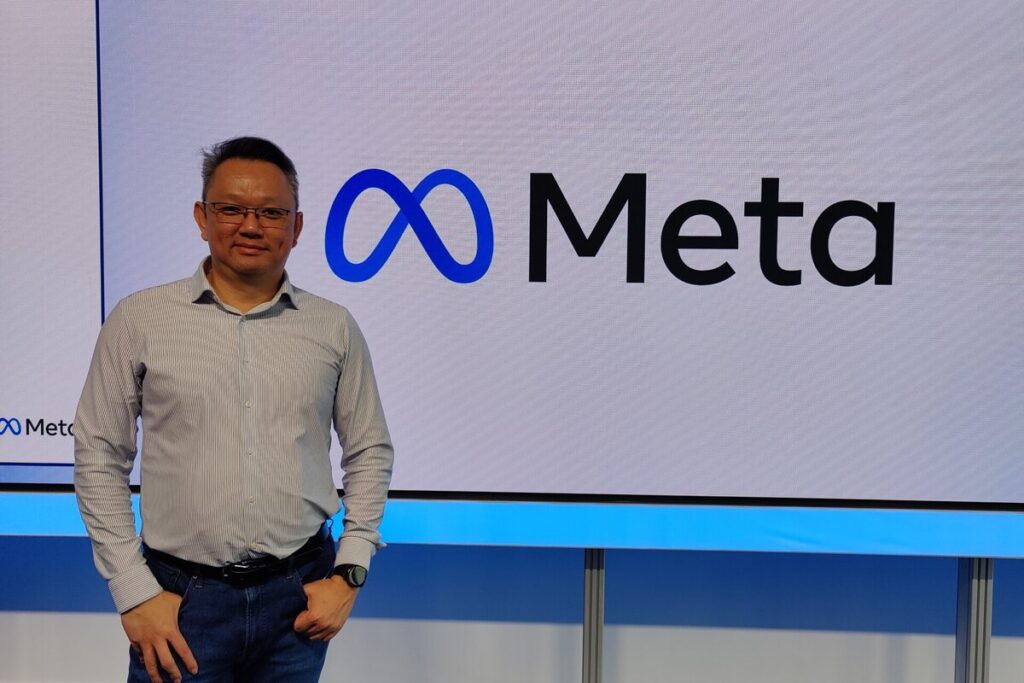
With a blended learning format, Heng Hong took full advantage of IE University’s unique digital education tools; he graduated from IE School of Science & Technology with a GPA of 3.9 out of 4 and was honored with the IE Blue Touch Academic Excellence Award.
“The program is as interesting as any face-to-face program. The forums force us to stay in touch all the time and contribute ideas in group work. We meet online daily especially during group assignments, as much as we would have met in person.”
Expanding his network and industry knowledge on the Global Immersion Week
Heng Hong’s course highlight was the Global Immersion Week, a face-to-face learning opportunity where students enjoy workshops with leading companies.
“During our executive master, we did our Global Immersion Week in Dublin. The experience was great as Dublin is truly an international tech hub. We visited Microsoft, Meta, Deloitte and CeADAR, which is Ireland’s Centre of AI. These visits were amazing—they gave us insights into how the industry is implementing innovations, and what trends they’re looking at to stay competitive. They also allowed us to really understand how academia can be applied to industry. Otherwise it’s all theory. And we learn from other companies to see what trends are applicable to our own.”
We asked Heng Hong why the Global Immersion Week was so important for the curriculum.
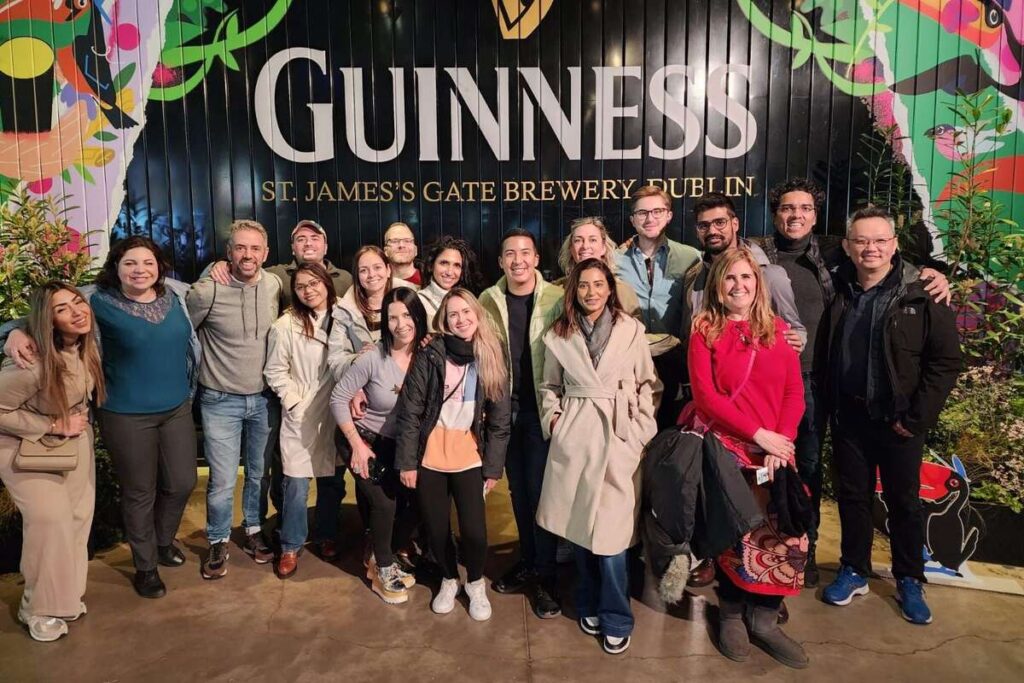
“There were other great aspects to Global Immersion Week. It was also an amazing social experience. We got to network with our cohort because we don’t usually meet in person. We even celebrated someone’s birthday twice! These face-to-face interactions really helped solidify the cohort’s bond. I learn so much from my classmates—even after the program finishes, I keep learning. Often, if we’re travelling to the city where someone lives, we meet up. All the time, actually.”
The impact of the Executive Master in Digital Transformation & Innovation Leadership: changing the International Olympic Committee
Heng Hong has noted a clear change in his International Olympic Committee job’s outlook since studying with us.
“Before, I had one perspective on innovation. I imagined innovation meant creating new, impactful systems. But the program showed me innovation isn’t just about technology. It’s implementing anything that could improve a service, a product or an organization. It’s offering changes to stakeholders depending on whether they want something disruptive, something new, or incremental changes. This depends on the needs of the organization and the needs of the stakeholders. The program changed my perspective on what I should do to lead change for innovation transformation. Innovation is vital for a sustainable future that’s why it needs to be integrated on every level of an organization to have an impact.”
We finished the interview by asking Heng Hong what his biggest takeaway from the course was.
“The most defining class for me was “Leading with Impact”. It made us look into our own purpose. How we want to be as leaders. Linking to our own purpose, not just that of a company.”
And there have been lasting personal impacts.
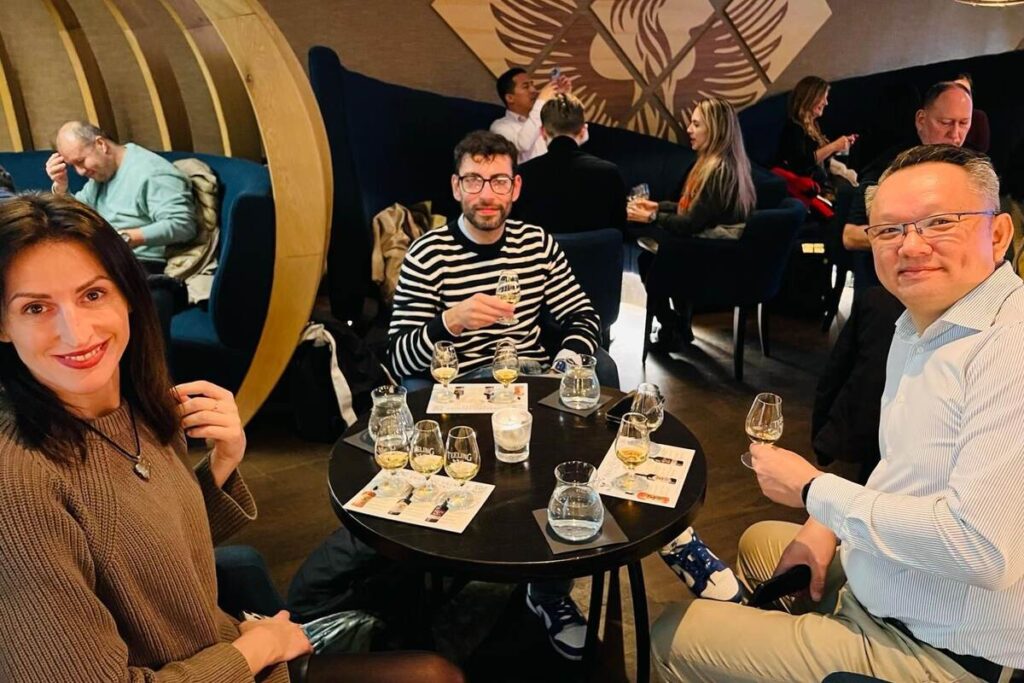
“But this program made me think—what’s the biggest impact I could make? Not just as a leader in a company, but in society. I had to look deeper at myself. Now, wherever I go and whatever I decide to do, I know my actions will always be aligned with my personal values and purpose.”
Benjamin is the editor of Uncover IE. His writing is featured in the LAMDA Verse and Prose Anthology Vol. 19, The Primer and Moonflake Press. Benjamin provided translation for “FalseStuff: La Muerte de las Musas”, winner of Best Theatre Show at the Max Awards 2024.
Benjamin was shortlisted for the Bristol Old Vic Open Sessions 2016 and the Alpine Fellowship Writing Prize 2023.


